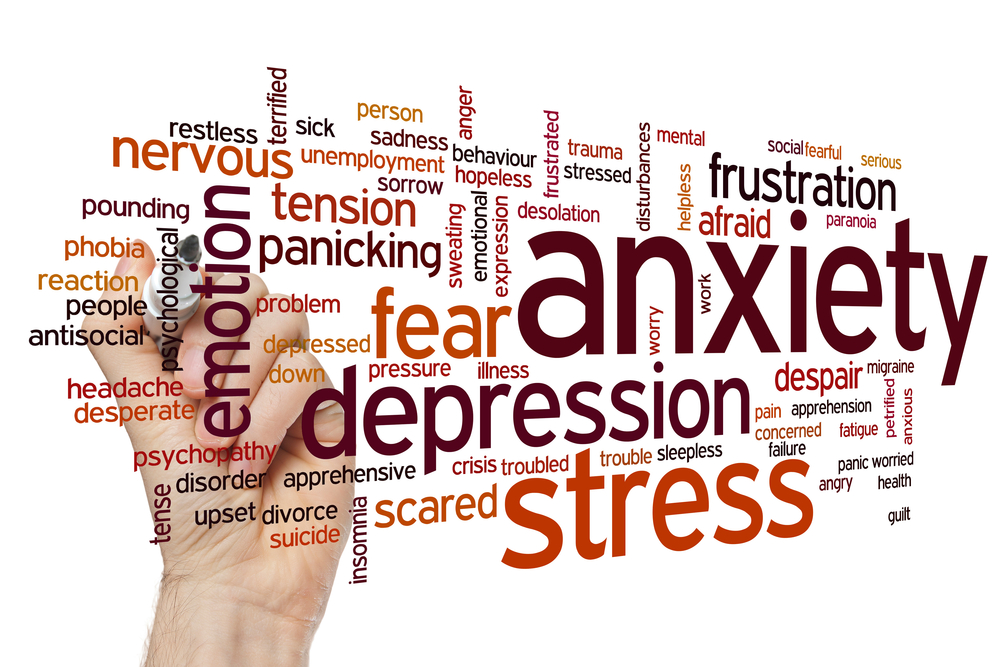12 Reasons Why You Are Always Tired?
Introduction
If you frequently wonder, “Why am I always sleepy?” or “Why am I sleeping so much and still tired?”, you are not alone. Feeling exhausted is a common complaint in today’s fast-paced world. Many people struggle with chronic fatigue, which can significantly impact their quality of life and productivity. If you find yourself constantly tired, it’s essential to uncover the underlying reasons behind your exhaustion. In this blog, we will explore potential lifestyle and medical causes of persistent fatigue and provide insights on how to regain your energy and vitality.

Always Feeling Tired – Lifestyle Factors
1) Lack of Sufficient Sleep
Not getting enough sleep on a regular basis is a primary factor that can leave you feeling constantly sleepy. Adults generally need 7-9 hours of quality sleep each night for optimal rest and rejuvenation. When we sleep, our bodies undergo various restorative processes that are necessary for overall well-being. During sleep, our bodies conserve and restore energy levels. When we don’t get enough sleep, our energy reserves become depleted, leading to feelings of exhaustion and fatigue.
2) Excessive Caffeine Intake
Caffeine is a stimulant that can interfere with the quality and duration of your sleep. Consuming caffeine, especially in large amounts or close to bedtime, can make it difficult to fall asleep or stay asleep. This can result in insufficient sleep, leading to chronic fatigue over time.
Caffeine acts as a diuretic, which means it can increase urine production and contribute to dehydration if consumed in excess. Dehydration can lead to feelings of fatigue and sluggishness, further exacerbating your tiredness.
3) Sedentary Lifestyle
Leading a sedentary lifestyle with minimal physical activity can contribute to feelings of sleepiness. Lack of regular exercise can lead to muscle weakness and deconditioning. Weak muscles are less efficient at performing daily activities, which can lead to increased fatigue. Additionally, weakened muscles require more effort to perform tasks, leading to a quicker onset of tiredness and exhaustion. Regular exercise helps boost energy levels and promotes better overall sleep quality.
4) Unhealthy Diet
A diet lacking essential nutrients, such as vitamins, minerals, and antioxidants, can lead to deficiencies that affect energy levels. For example, insufficient intake of iron, vitamin B12, or folate can result in conditions like anemia, which can cause persistent fatigue. Unhealthy diets that are high in calories, saturated fats, and processed foods can contribute to weight gain and obesity. Carrying excess weight places additional strain on the body, leading to increased fatigue and a decreased ability to engage in physical activity.
5) Dehydration
When your body doesn’t have enough water, it can affect various physiological functions, leading to decreased energy levels. Dehydration decreases the overall volume of blood circulating in your body. As a result, your heart has to work harder to pump oxygen and nutrients to your organs and muscles. This extra effort can make you feel tired and fatigued.
6) High-Stress Levels
Chronic stress can lead to mental and physical exhaustion, making you feel constantly tired. Implement stress management techniques, such as mindfulness, relaxation exercises, or engaging in hobbies, to reduce stress levels.
Feeling Tired all the time – Common Medical Causes
1) Anemia
Anemia is a condition characterized by a decrease in the number of red blood cells or a deficiency in hemoglobin, which impairs the delivery of oxygen to tissues and organs. Fatigue is a common symptom of anemia due to reduced oxygen-carrying capacity in the body.
2) Thyroid Disorders
Hypothyroidism, an underactive thyroid, can lead to fatigue. The thyroid gland is important for controlling how our body uses energy. When the thyroid hormone levels are too low, it can make us feel tired all the time. On the other hand, if the thyroid gland is too active, it can also lead to fatigue because our body is working at a faster pace.
3) Chronic Fatigue Syndrome (CFS)
Chronic fatigue syndrome is a complex disorder characterized by extreme fatigue that is not alleviated by rest and is accompanied by other symptoms such as muscle pain, impaired cognitive function, and unrefreshing sleep. The exact cause of CFS is unknown, but it is believed to involve a combination of factors, including immune system dysfunction and hormonal imbalances.
4) Sleep Disorders
Conditions such as sleep apnea, insomnia, and restless leg syndrome can disrupt the quality and duration of sleep, leading to chronic fatigue. Sleep apnea, characterized by interrupted breathing during sleep, can result in frequent awakenings and daytime sleepiness. Insomnia, the inability to fall asleep or stay asleep, can lead to insufficient sleep. Restless leg syndrome causes uncomfortable sensations in the legs, often leading to difficulty falling asleep.
5) Diabetes
In diabetes, the body has difficulty regulating blood sugar levels. If blood sugar levels are consistently high (hyperglycemia) or fluctuate frequently between high and low levels, it can lead to fatigue. In hyperglycemia, when there is an excess of glucose in the bloodstream, the body’s cells may not be able to effectively use glucose for energy, resulting in tiredness. On the other hand, episodes of low blood sugar (hypoglycemia) can also cause fatigue and weakness.
6) Chronic Pain Conditions
Chronic pain conditions like fibromyalgia, arthritis, or persistent headaches can contribute to constant fatigue. Living with ongoing pain can significantly impact sleep quality and overall energy levels.
It’s important to note that these medical reasons for feeling tired are not exhaustive, and there can be other underlying medical conditions or factors contributing to fatigue. If you consistently experience excessive tiredness, it is advisable to consult with a healthcare professional for a thorough evaluation, diagnosis, and appropriate management of your symptoms.














